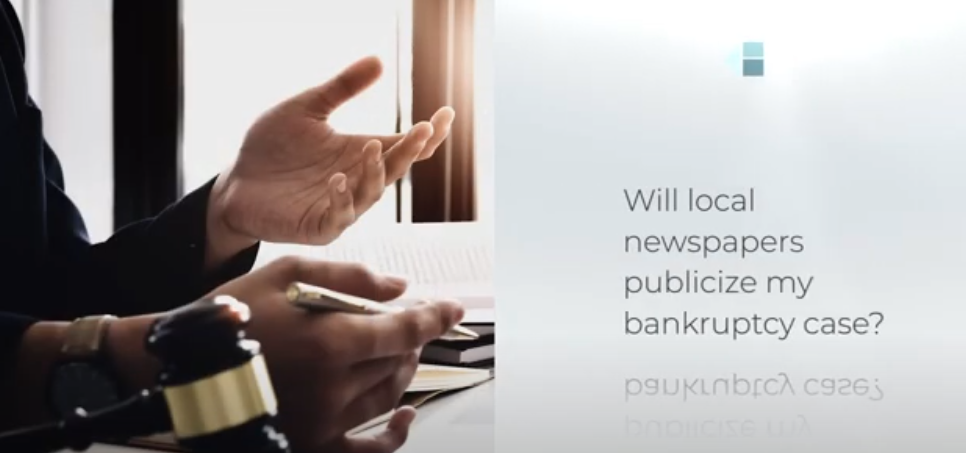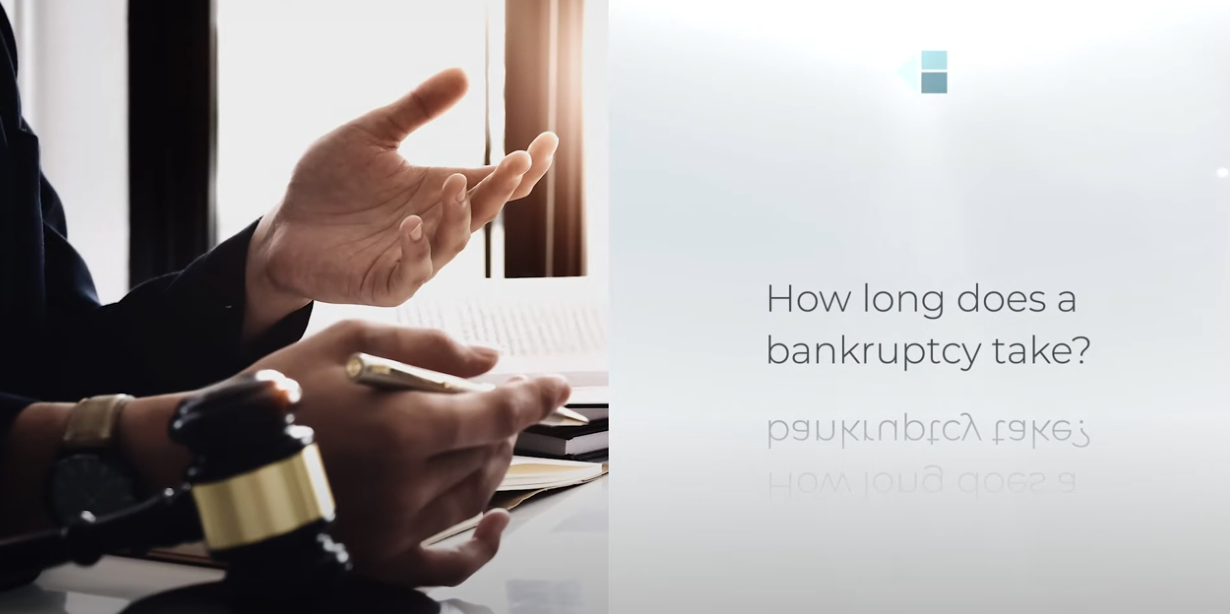If you’re having trouble making ends meet in part because of your student loans, you might wonder if there is any way to get out from under that financial burden. Fortunately, there are a few options available to help ease the strain—especially if you’re facing an imminent drop in income or standard of living due to bankruptcy, foreclosure, illness, or natural disaster.
If you have student loan debt and it’s keeping you from moving forward with your life or even just scraping by every month, bankruptcy may be the answer. The rules surrounding filing bankruptcy for student loan debt have changed over the past few years. Here’s what you need to know.
How Can I Get Rid of My Student Loans?
There are several ways to get rid of your student loans. You can try to manage their student loan debt, or you can try to pay their loans off early. If you’re struggling with your student loans, you can also consolidate your loans or refinance your loans. You can also look into student loan forgiveness programs.
Bankruptcy is another option, but it’s important to note that it doesn’t always discharge student loan debt. You may be able to get rid of your student loans through an adversary proceeding by proving undue hardship.
What is an Undue Hardship?
Undue hardship is a legal term used in the context of bankruptcy. It refers to a situation in which a debtor is unable to repay their loans due to circumstances beyond their control. The standard of living for the debtor and their dependents must be below the poverty line in order for the debtor to qualify for an undue hardship discharge. The bankruptcy court will consider the debtor’s efforts to repay the loans when making a decision on whether or not to grant an undue hardship discharge.
Does Bankruptcy Clear Student Loans?
Bankruptcy does not necessarily clear student loans. It is possible to discharge student loans through bankruptcy, but it is difficult. In a standard bankruptcy proceeding, the discharge of student loans is only possible if the debtor can prove that repayment would cause undue hardship. This is a very high burden to meet, and most people are not able to discharge their student loans through bankruptcy. However, it is still possible to discharge student loans in some circumstances. If you are considering filing for bankruptcy, you should speak with an attorney to see if your student loans could be discharged. You may find that bankruptcy can discharge other debts which will enable you to more easily meet your student loan obligations.
What Happens If the Bankruptcy Court Doesn’t Discharge Your Student Loan?
If you file for bankruptcy and the bankruptcy court doesn’t discharge your student loan, you’ll still be responsible for repaying the loan. If you file for Chapter 7 bankruptcy, you may be able to get a discharge of your student loan if you can prove that repayment would cause undue hardship. If you file for Chapter 13 bankruptcy, you can include your student loan in your repayment plan.
Can Private Student Loans Be Discharged in Bankruptcy?
Private student loans are dischargeable in bankruptcy if the borrower can prove that repayment of the loan would cause an undue hardship. Federal student loans are often not discharged in bankruptcy except in very rare cases. Student debt is one of the most difficult types of debt to discharge in bankruptcy.
How Do I Discharge My Student Loans In Bankruptcy?
In most cases, student loans cannot be discharged in bankruptcy. However, there are some exceptions. If you can prove that repaying the loans would cause undue hardship, you may be able to discharge your student loan debt. You must file a bankruptcy case and prove your hardship to the court. If the court agrees, your student loan debt will be discharged and you will no longer be responsible for repaying the loans.
Your bankruptcy lawyer will work with you to try to discharge your student loan debt. There are a few ways that your student loan debt can be discharged through bankruptcy. The first way is if you can prove that paying back your student loans would cause an undue hardship on you and your dependents. The second way is if you can prove that the loans were obtained through fraud. The third way is you can prove that the school you attended closed before you had a chance to complete your degree.
Schedule a Consultation With a St. Cloud Bankruptcy Lawyer
If you are considering filing for bankruptcy, you should know that student loans may not be discharged. But other debt can be discharged allowing you to be in a better financial position to meet student loan obligations. A bankruptcy attorney can help you to determine whether or not you might be able to discharge your student loans and get out from under the burden of repayment. Kain + Henehan is a knowledgeable bankruptcy firm with offices in St. Cloud, Minnesota, and the Twin Cities. Contact us by calling (612) 438-8006 or filling out the online form.







